A group of astronomers, citing data from the James Webb Space Telescope (JWST), claims that some of the oldest galaxies in the universe may have formed potentially without the influence of dark matter.
"We do not observe what dark matter theory predicted," says Stacey McGough, an astrophysicist at Case Western Reserve University in Ohio.
Dark matter is considered a crucial component of the standard cosmological model of our universe and is widely accepted as it explains the diversity of shapes and sizes of galaxies scattered throughout space.
At the same time, JWST has not detected the faint signals expected from these small primitive fragments of galaxies in the early universe. Instead, its data indicate that early galaxies were larger and brighter than anticipated and likely grew very quickly—significantly outpacing expectations set by conventional cold dark matter models. This rapid growth aligns well with predictions from an alternative to dark matter theory—Modified Newtonian Dynamics (MOND).
Researchers, however, note that some of the overly bright sources detected by JWST could be active supermassive black holes rather than galaxies.
So what does the alternative theory propose? According to MOND, when gravity becomes extremely weak, it behaves differently than Isaac Newton predicted (for instance, at the edges of galaxies). This concept was first proposed in 1982 by Israeli physicist Mordehai Milgrom as a way to explain the unexpectedly rapid rotation of galaxies without the need for dark matter or dark energy.
In fact, MOND has many critics, as the idea is difficult to integrate into a unified structure that can explain a broad range of cosmological observations. While dark matter theory fits many observations, it does not fully account for the phenomena predicted by MOND.
"We found ourselves between two very different theories that seem irreconcilable, despite the application of closely related yet incomparable evidence," the team writes in a paper published November 12 in The Astrophysical Journal (via Space.com).
Meanwhile, researchers believe that although MOND is not an established theory in cosmology, it has made enough successful predictions that it "cannot be a mere coincidence."
"It tells us something, but what that is remains a mystery, just like the composition of dark matter."






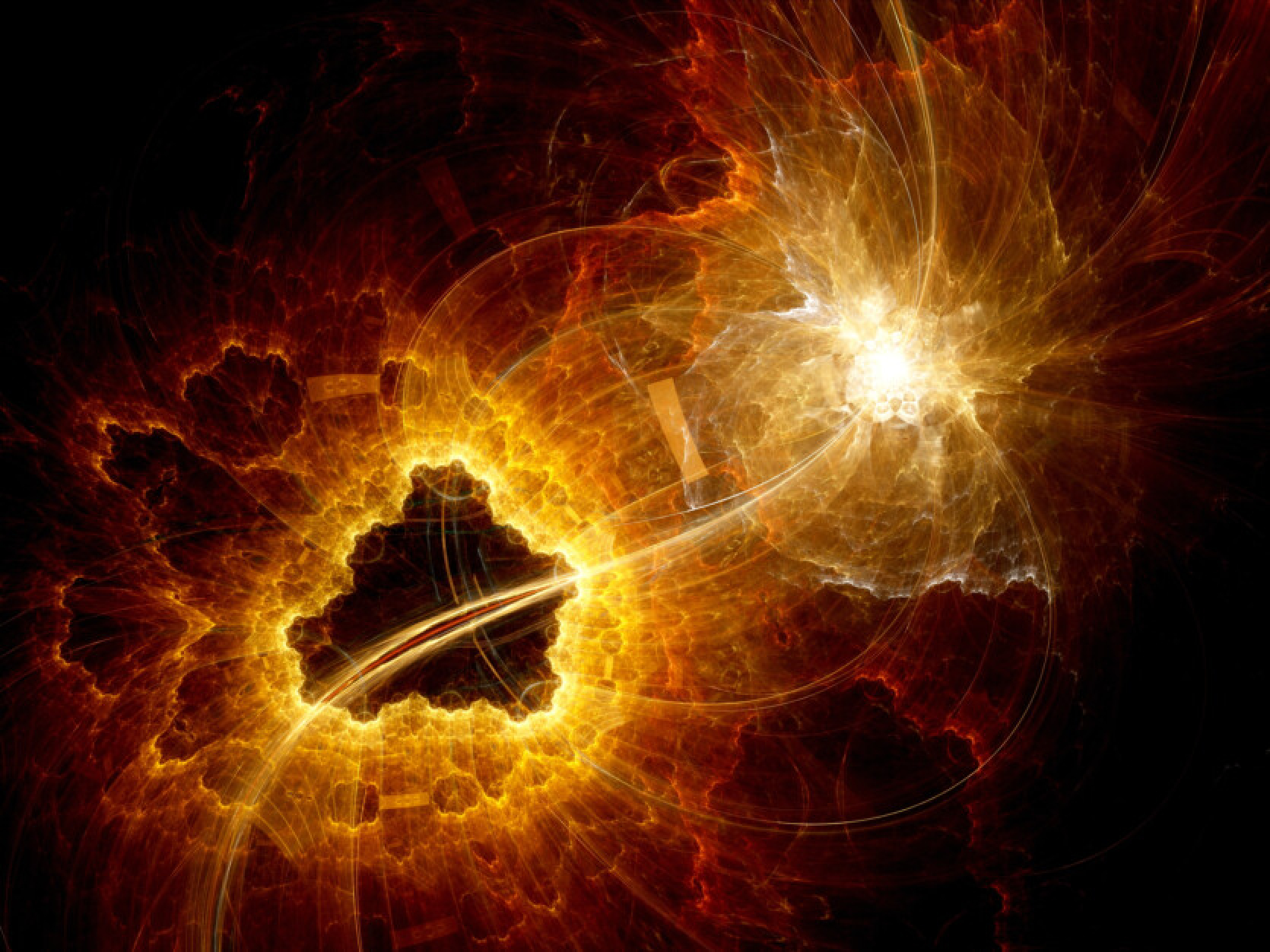


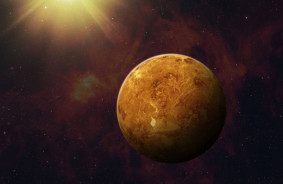
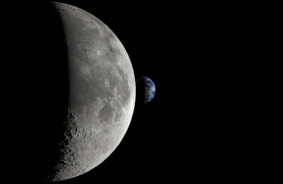
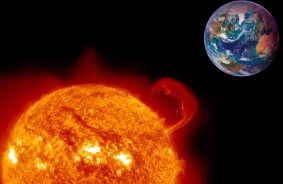
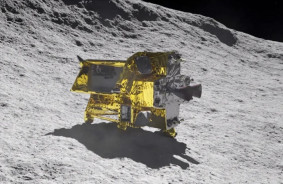

Comments (0)
There are no comments for now